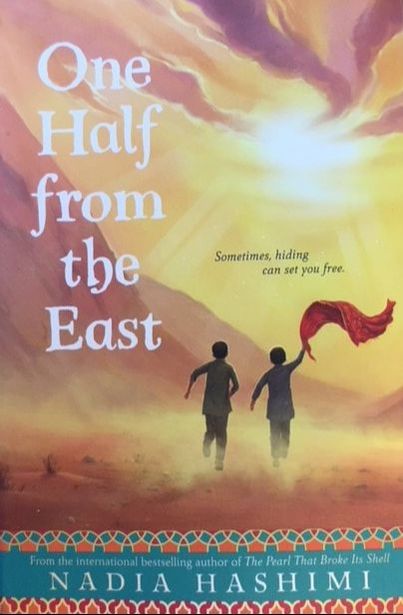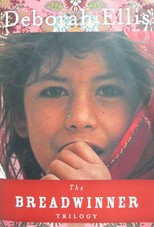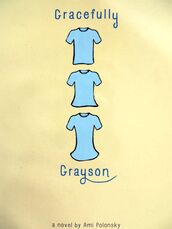One Half from the East
|
|
Book Summary:
Obayda's father is a police officer in Afghanistan, but after he loses a leg in an explosion, he can no longer work, and no longer feels like himself. Obayda and her three older sisters move out of Kabul to a small village near her father's family. Money is tight, and a family member suggests that Obayda become "Obayd," - a "bacha posh," - a girl dressed as a boy. Sons, after all, are better luck than daughters, it's believed. Obayda isn't sure about this. She will miss her beautiful dresses, her long hair, her connection to her sisters - and yet, she would love to climb trees and play outside. What if she can't convince people she's a boy? And if she can, what if she doesn't want to change back? Book Review: When the book began, I found it very similar to Climbing the Stairs, and I was pretty sure the story would be about Obayda's transition to a smaller, more conservative family village. I was mistaken. Obayda is ten, and the story explores what it means to be male or female in a society with different rules and expectations for different genders, absent biological factors or issues with sexuality. It's disheartening that daughters are shown to be valued less than sons, and Obayd meets a friend who is also a bacha posh - and that friend is unwillingly changed back to a girl and married to an older man when she is only thirteen. Throughout the story, Obayda does not have much control over her identity, and while she does take risks, learns, and shows initiative, I wished her energy would go toward real change (like helping her friend). The fact that the tradition of a "bacha posh" is a real thing was eye-opening for me, and the freedoms Obayd enjoys as a boy (as well as the challenge of those new expectations) made me think about ways we limit children, whether it's unconscious or systematic. "All I can think is that there is a classroom full of eyes staring at me. I wonder how many of them know what I really am. I don't care about the apples. They can divide themselves." |
If you like this book, you may also like . . .











